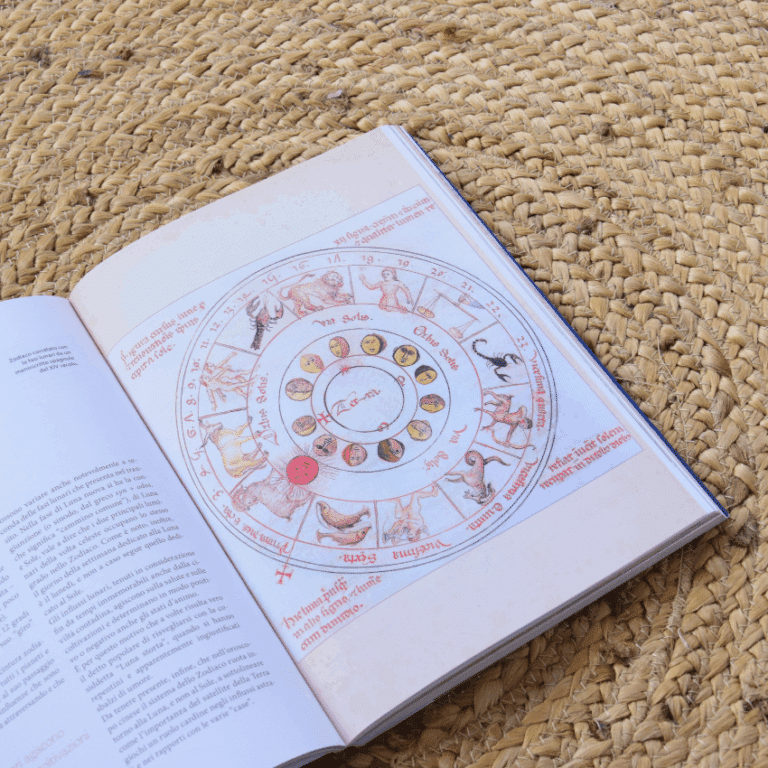If you’ve ever wondered what makes Vedic astrology different from Western astrology, you’re not alone. While both systems aim to help us understand ourselves and the world through planetary movements, they approach astrology through very different lenses.
This guide will break down how each system works, what they have in common, and what sets them apart so you can decide which resonates more with you.
What These Systems Have in Common
At their core, both Vedic and Western astrology rely on the positions of celestial bodies to gain insight into personality, behavior, and life cycles.
Shared foundations include:
Planets: Both systems work with the classical planets: the Sun, Moon, Mercury, Venus, Mars, Jupiter, and Saturn.
Aspects: These are geometric angles between planets. Conjunctions, oppositions, squares, trines, and sextiles are common in both systems.
Zodiac Signs: Aries through Pisces are used in both, with each sign associated with specific characteristics and archetypes.
Houses: Both divide the birth chart into 12 houses, each linked to a different life domain like relationships, career, and home.
Moon’s Nodes: While these aren’t physical planets, both systems use the North and South Nodes to explore karma and life purpose.
Despite their similarities, Vedic and Western astrology differ significantly in how they interpret and apply this information.
What Is Western Astrology?
Western astrology, also known as Tropical astrology, is widely practiced in the Western world. It uses the seasons as a basis for the zodiac and puts the Sun at the center of its interpretive system.
Key characteristics of Western astrology:
It is solar-focused, with the Sun sign often being the starting point for analysis.
It includes the outer planets Uranus, Neptune, and Pluto, which were discovered more recently and are used in forecasting generational trends.
Forecasting is often psychological or emotional in nature, focusing on how you are likely to respond to future events.
It typically centers around a single natal chart, with transits and aspects applied to this foundational map.
Western astrology is particularly useful for exploring personal development, emotional growth, and navigating ongoing life themes.
What Is Vedic Astrology?
Vedic astrology, or Jyotish, comes from the ancient spiritual texts of India. It uses the Sidereal zodiac, which aligns with the actual constellations in the sky.
Key characteristics of Vedic astrology:
It is lunar-focused, giving the Moon a central role in both prediction and personality.
It uses only the seven classical planets plus the North and South Nodes, excluding Uranus, Neptune, and Pluto.
It is prediction-based and uses a system of planetary periods called dashas to time key life events.
It incorporates lunar mansions, or nakshatras, which add deep layers of meaning to the Moon’s placement.
It relies on multiple divisional charts rather than a single natal chart, allowing astrologers to examine different life themes in detail.
Vedic astrology is often turned to for its precision, spiritual insights, and karmic depth.
Key Differences Between Vedic and Western Astrology
Zodiac Used:
Western astrology uses the Tropical zodiac, which is aligned with the seasons.
Vedic astrology uses the Sidereal zodiac, aligned with fixed constellations.
Focus:
Western astrology is more psychological, exploring emotional and behavioral patterns.
Vedic astrology is more predictive, focused on fate, karma, and life events.
Charts Used:
Western astrology typically uses one natal chart.
Vedic astrology uses many charts, including divisional charts for career, marriage, and spiritual progress.
Planetary Emphasis:
Western includes Uranus, Neptune, and Pluto.
Vedic sticks with traditional planets and the Moon’s Nodes.
Dominant Influence:
Western astrology emphasizes the Sun.
Vedic astrology emphasizes the Moon.
Forecasting Style:
Western focuses on transits and aspects to track trends.
Vedic uses planetary periods (dashas) and lunar cycles to time events.
Final Thoughts
Both Vedic and Western astrology offer meaningful ways to explore your path, your personality, and your purpose. One may feel more natural to you depending on your spiritual background, your goals, or even the type of questions you’re asking. Whether you prefer the structured depth of Vedic astrology or the self-reflective insight of Western astrology, each system offers a rich lens through which to view your life and growth.
Let your curiosity guide you. There’s wisdom in both traditions.
Related article: Read Your Birth Chart Like an Astrologer
